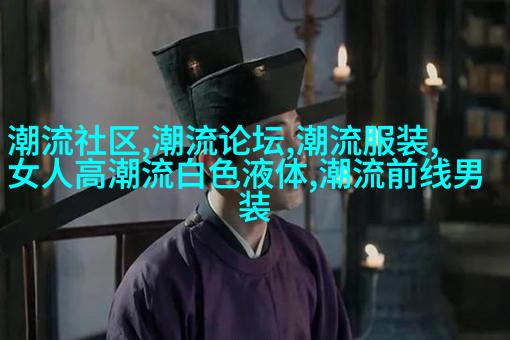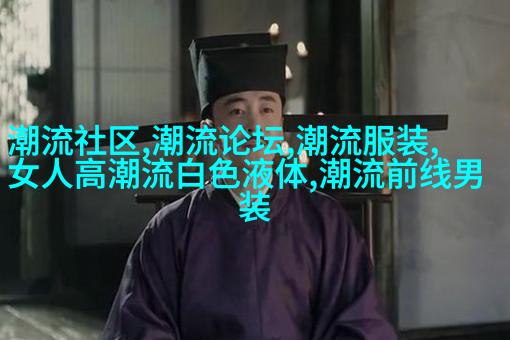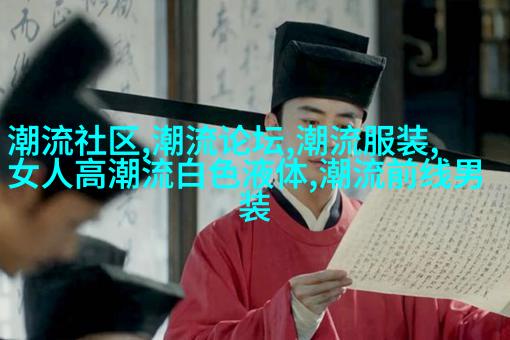Timeless Tales from Yesteryear Classic English Lit
Timeless Tales from Yesteryear: Classic English Literature Revisted

Introduction to the Golden Age of English Literature
In the realm of literature, there exists a particular era known as the "Golden Age," which was characterized by an explosion of creativity and innovative storytelling. This period saw the emergence of numerous iconic authors who captivated readers with their masterful command over language, intricate plots, and memorable characters. Among these writers were those who wrote in English during this golden age.

The Birthplace of Modern English Prose
English literature has its roots in Old English (also known as Anglo-Saxon) dating back to around 450 AD. However, it wasn't until the late Middle Ages that prose writing began to flourish. The Norman Conquest in 1066 introduced French influences into England's linguistic landscape, leading to a new era for written expression.

Renaissance Revival and Elizabethan Era
By the 16th century, under Queen Elizabeth I's reign, England experienced a cultural renaissance that significantly impacted literary development. Writers such as William Shakespeare revolutionized both stage plays and sonnets while poets like Christopher Marlowe forged their own unique styles within this context.

Romanticism: A New Wave of Emotions
Fast-forwarding through time brings us to Romanticism – an artistic movement marked by intense emotions expressed through vivid imagery and powerful language. Authors such as Jane Austen with her insightful portrayals of life among England's upper class laid down paths for future generations.

Victorian Values: Social Realities & Morality Tales
During Victoria's reign (1837-1901), society underwent significant changes due to industrialization and urbanization; Victorian values reflected these shifts along with strong moral beliefs influencing literature at large. Charles Dickens' works offered glimpses into poverty-stricken lives amidst societal change while Thomas Hardy explored themes like fate versus free will against a rural backdrop.
Modernist Breakthroughs & Experimentations
In response to growing social complexities post-Victorian era came modernist movements seeking fresh narrative structures and linguistic experimentation—Woolf & Joyce being two prominent examples—providing rich opportunities for exploring human experiences beyond traditional constraints set forth by earlier literary conventions.
Conclusion:
Classic English Literature is more than just words on paper - it represents our shared history filled with lessons learned from yesteryears' struggles & triumphs; love stories across centuries; wisdom imparted through timeless tales spun together skillfully so we may find solace or inspiration within them today when faced with challenges similar yet distinct from those past eras have presented before us all throughout history since then until now!